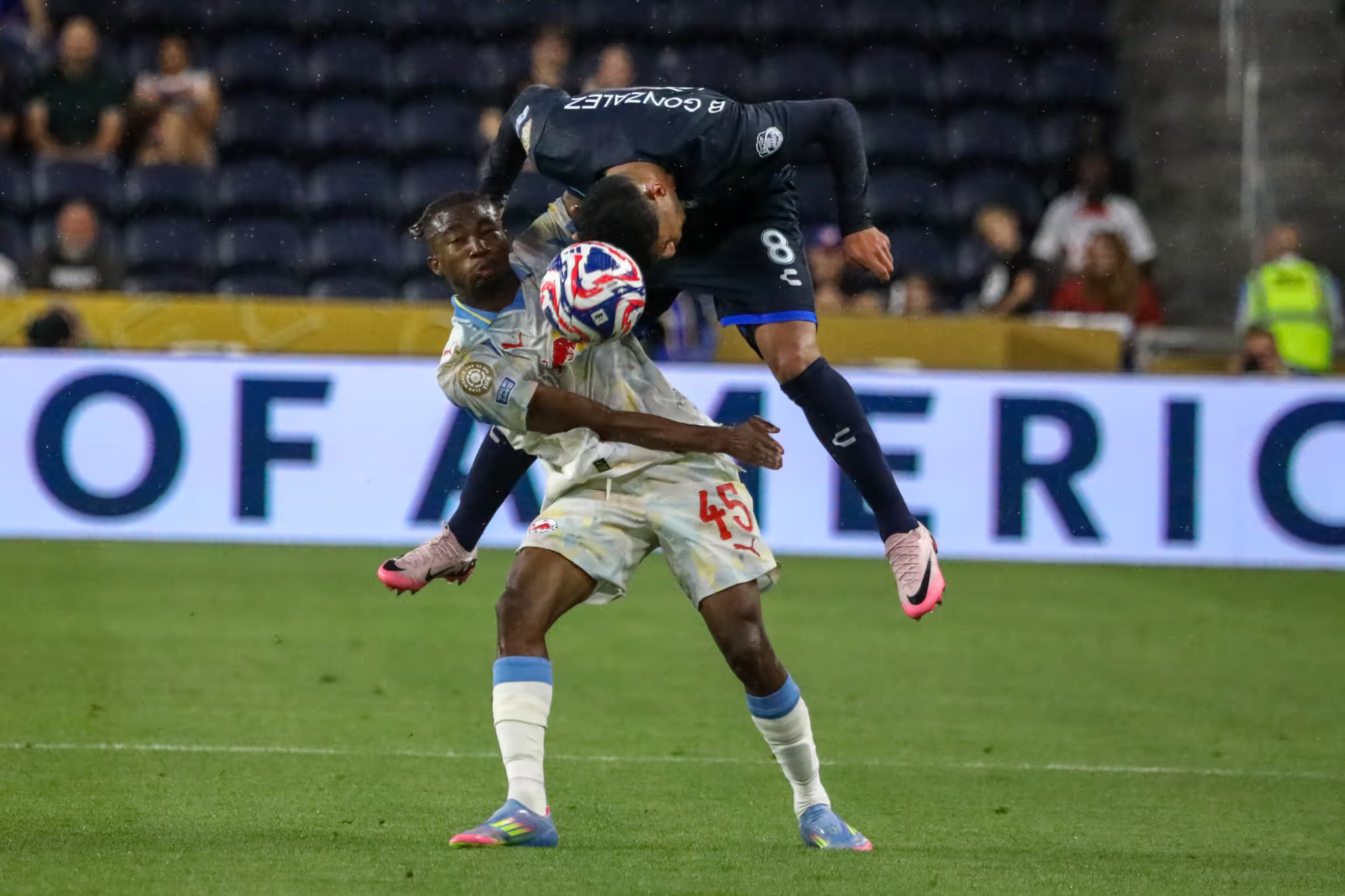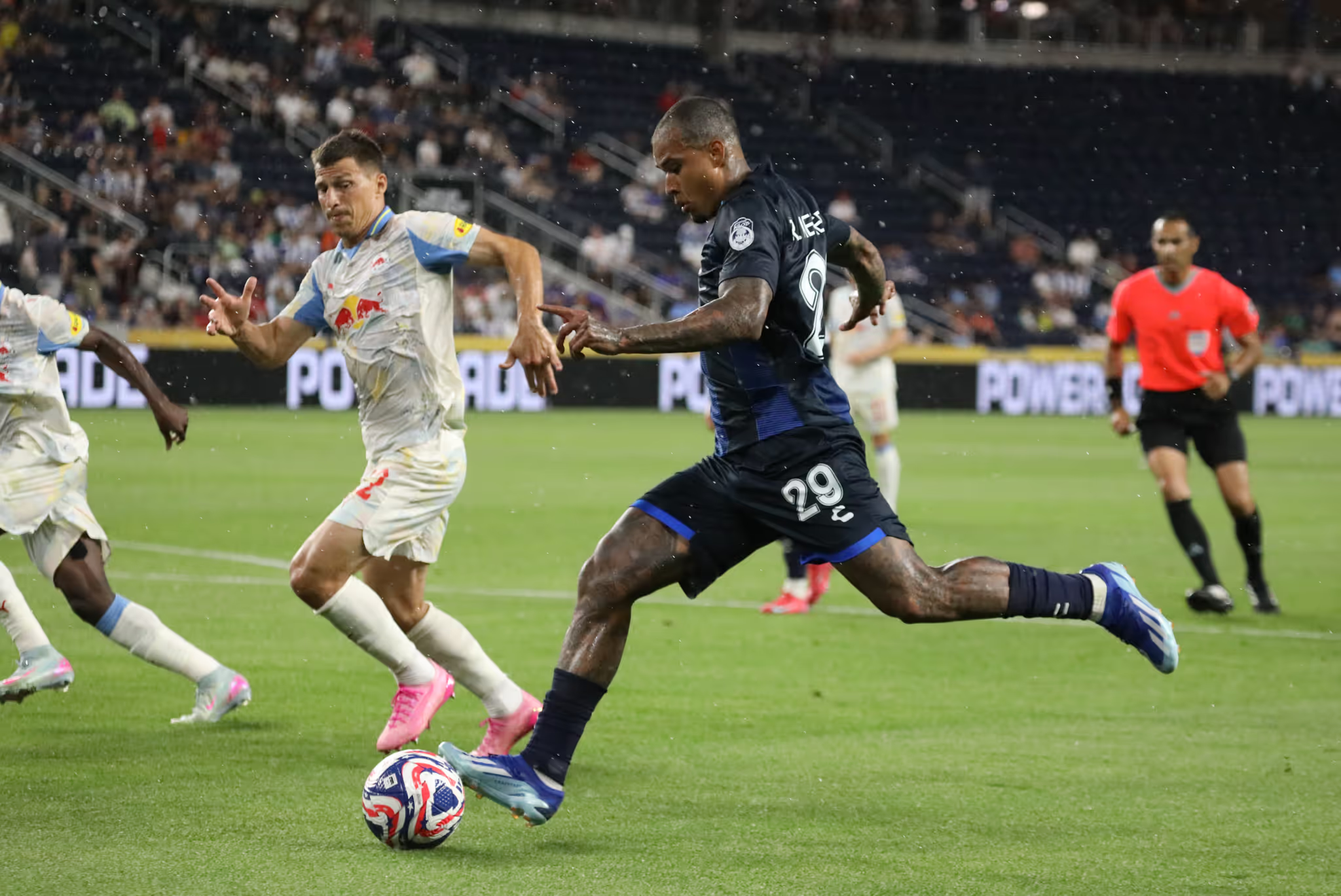FIFA Club World Cup

In a vivid reminder that even the world’s biggest tournaments can’t control nature, Wednesday’s FIFA Club World Cup encounter between Red Bull Salzburg and CF Pachuca was brought to a dramatic standstill for over an hour and a half due to a severe thunderstorm that swept through Cincinnati.

The match, held at TQL Stadium, was halted in the 54th minute with the Austrian side leading 1–0 when referee Mustapha Ghorbal made the prudent decision to pull players off the pitch as the skies unleashed torrential rain, thunder, and persistent lightning. Supporters, meanwhile, were quickly ushered into the safety of the concourses — a scene that’s becoming more common in an era of increasingly volatile weather patterns impacting major sporting events worldwide.
This disruption came on the heels of a similar delay in Orlando just a day prior, where the Group F fixture between South Africa’s Mamelodi Sundowns and South Korea’s Ulsan Hyundai was postponed for over an hour due to threatening conditions overhead. Such back-to-back incidents reinforce FIFA’s commitment to stringent safety protocols — a necessity when dealing with unpredictable and potentially dangerous weather.

In a statement, FIFA reiterated its unwavering stance on player and spectator welfare: “Due to adverse weather conditions in Cincinnati, including the risk of lightning in the vicinity of TQL Stadium, the match between CF Pachuca and FC Salzburg has been suspended. FIFA will follow the established safety protocols and the match will resume as soon as it’s safe to do so. We appreciate the patience and understanding of both teams and fans—at the stadium and around the world tuning in live via DAZN—as we continue to prioritise the safety of everyone involved.”
While the storm pounded TQL Stadium, cameras captured striking visuals: sheets of rain obscured the pitch while flashes of lightning illuminated the skyline. But inside the concourses, the mood remained resilient. Pachuca supporters turned the extended wait into an impromptu concert, lifting spirits with chants echoing off concrete walls — a testament to football’s unique power to unite, even amid unexpected setbacks.
On the pitch, before the heavens opened up, Red Bull Salzburg had edged ahead through a moment of individual brilliance from Oscar Gloukh. The Israeli attacking midfielder produced a sublime curling effort in the 42nd minute, bending his right-footed strike beyond the reach of Pachuca’s Carlos Moreno from well outside the penalty area. It was a goal worthy of any stage and reflected Salzburg’s intent to assert themselves in this prestigious tournament.

Pachuca, however, was hardly passive. Veteran striker Salomon Rondon, known for his physical presence and clinical finishing, squandered multiple chances on either side of the interval, including one clear opportunity just moments before the thunderstorm interruption. His inability to convert highlighted a recurring theme in the match: Pachuca’s wastefulness in decisive moments.
After a 97-minute hiatus that tested the patience of all involved, the teams emerged back onto the drenched pitch at 8:30pm local time. It took little time for Pachuca to reward their traveling fans for their loyalty. Bryan Gonzalez, a rising star for the Mexican side, delivered a pinpoint left-footed free-kick to draw the sides level — a well-taken set piece that briefly shifted momentum in Pachuca’s favor.
Yet, Salzburg’s depth and resolve ultimately shone through. Substitutions can often prove decisive in tournaments of this magnitude, and Karim Onisiwo’s introduction made just that difference. In the 76th minute, the Austrian international timed his run perfectly to meet a cross and nodded home what would stand as the match-winner, restoring Salzburg’s lead and sealing a valuable three points in a tightly contested group.

Beyond the pitch, this match underscores a wider conversation about how climate change and extreme weather events are increasingly intruding on global sporting calendars. A 2022 study published in Nature Communications highlighted that weather-related disruptions at sporting events are projected to become more frequent as the planet warms. The Club World Cup’s recent back-to-back delays may be an early indicator of a larger trend that governing bodies will need to adapt to with robust contingency plans and resilient infrastructure.
For now, Salzburg’s hard-fought win keeps their knockout-stage hopes very much alive, while Pachuca will be left to rue missed opportunities in front of goal — and perhaps the storm that momentarily seemed to swing momentum in their favor.
As the tournament progresses, both teams will need to regroup quickly. But Wednesday’s spectacle — thunder, lightning, and all — was a vivid reminder that in football, sometimes the biggest opponent isn’t on the other side of the pitch.